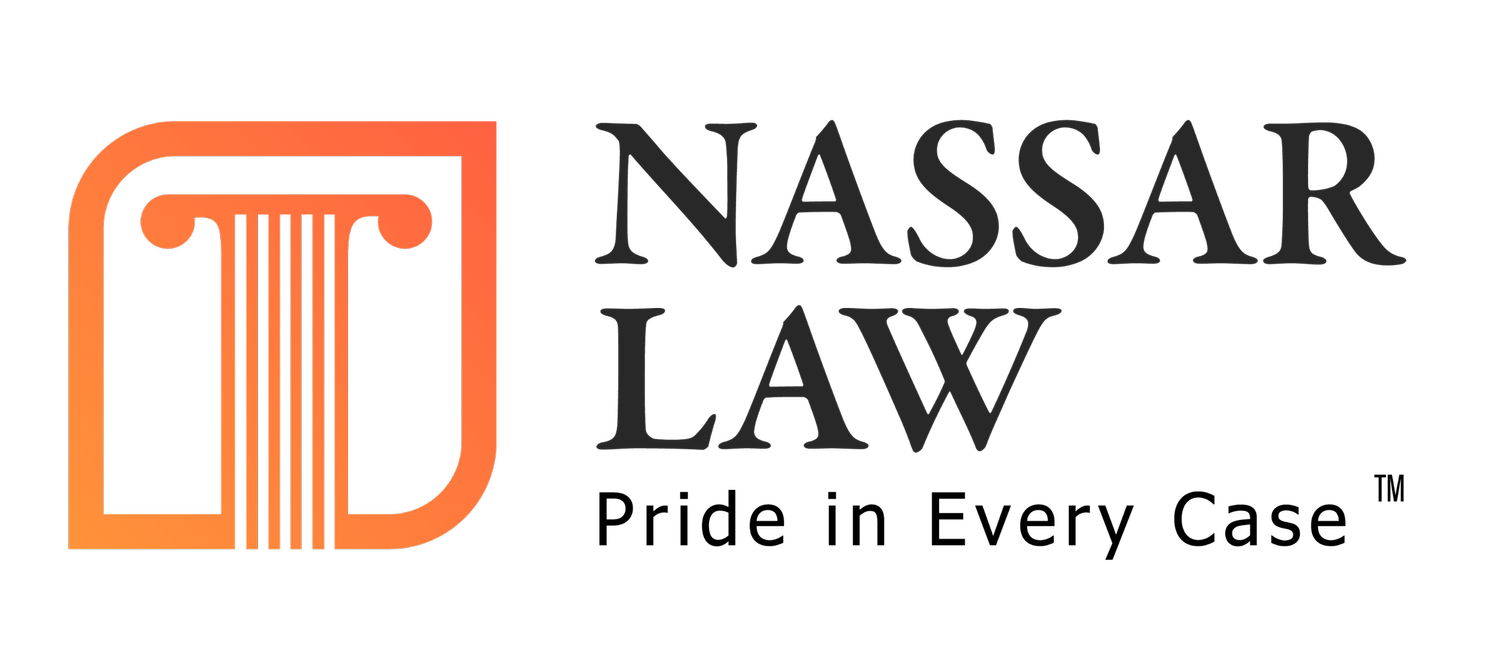BANKRUPTCY

CHAPTER 7
LIQUIDATION/STRAIGHT BANKRUPTCY - Most Favored
Estimated time: 3-5 months
In the US, an individual can file for bankruptcy in two ways. One of the ways of filing for bankruptcy is through chapter 7 bankruptcy (Under Title 11 if the United States code). This code is also known as the bankruptcy code. Filing for bankruptcy through "Chapter 7" offers you an opportunity to eliminate your outstanding debt in full (with certain exceptions).
Another name given to chapter 7 bankruptcy is straight bankruptcy or liquidation bankruptcy. This is because all the exempts assets (cash, checking/savings accounts, retirement/401k accounts, injury awards; vehicles, equity in primary residences [depending on state], etc.) are normally protected. It is always important to consult a professional to discuss if you do qualify to file for bankruptcy, and if so, if it is the best route since once you file for bankruptcy, you cannot simply terminate the filing.
There may be a lot of benefits from filing for liquidation bankruptcy; however, one must meet some qualifications before successfully filing for it. One of the qualifications is passing the Means test and the Schedule I/J test. If you pass the test and are considered eligible, you are then allowed to start the process of filing for chapter 7 bankruptcy. Nassar Law is here to discuss qualification issues and asset protection issues and will recommend the best course of action to follow.
What is not discharged?
Although majority of the debts are dealt with under this chapter, there are other types of debts that are not. Some of these debts typically include spousal support, child support and other fines imposed by court for a commission of crime. Also, student loans, property taxes and income taxes (assessed less than 2-3 years) are typically not discharged in a bankruptcy.

CHAPTER 13
DEBT REORGANIZATION/REPAYMENT
Estimated time: 3-5 years
Chapter 13 gives the debtor and opportunity to reorganize his budget, create a payment plan to the creditors, and allocate future income and assets in a manner to protect them from such creditors. This type of bankruptcy is supervised by the Federal Bankruptcy court/assigned Trustee. One of the many benefits for filing for chapter 13 bankruptcy is that the debtor can maintain his non-exempt assets while he still pays off the debt (such as too much equity in a house, or owning a second home/investment property). It also protects homes from foreclosures.
Qualifying for Chapter 13 — Much different than qualifying for Chapter 7
For you to qualify for chapter 13 bankruptcy, you must first prove that you can gather enough income from wages, pension, and other forms of income to yield enough excess income to enter into a 3-5 year repayment plan using the excess income. This type of bankruptcy is beneficial to the debtor as it allows him to catch up on paying secured loans before a foreclosure takes place. In addition, chapter 13 provides similar relief as Chapter 7 bankruptcy. It stops creditors from constantly calling you and prevents the foreclosure and repossession of your home and assets. Once the 3-5 year repayment plan is completed, any debt that was designated to be discharged will be discharged.
Although a chapter 13 bankruptcy seems appealing, it has many disadvantages and many debtors prefer to file (assuming they qualify to) under Chapter 7. Such disadvantages include, but are not limited to, not obtaining any loan/debt over $500.00 without court approval, increased attorney fees and court costs, supervised monthly expenses and reporting, ensuring the debtor remains in a position to earn enough income to make the agreed upon monthly payments, and having an “active” bankruptcy case for 3-5 years.
POSSIBLE ALTERNATIVES TO BANKRUPTCY
There are alternatives to filing for bankruptcy, such as debt negotiation/settlement and an attorney can help you determine which solution is best for you. Nassar Law handles debt negation/settlement, however, most debtors when understanding the benefits of bankruptcy over debt negotiation/settlement would smartly choose filing for bankruptcy. Again, if declaring yourself bankrupt is the route that best suits your individual needs, our office will discuss the differences between filing under Chapter 7 or Chapter 13 bankruptcy to you and what the benefits of filing under each could be. Bankruptcy can be beneficial to those that are facing creditor harassment and help you avoid collections and foreclosure. If you have questions regarding your financial situation, make sure to contact Nassar Law today.
Contact a Bankruptcy Attorney today to schedule a free initial consultation.
or call directly: 888.499.9016


